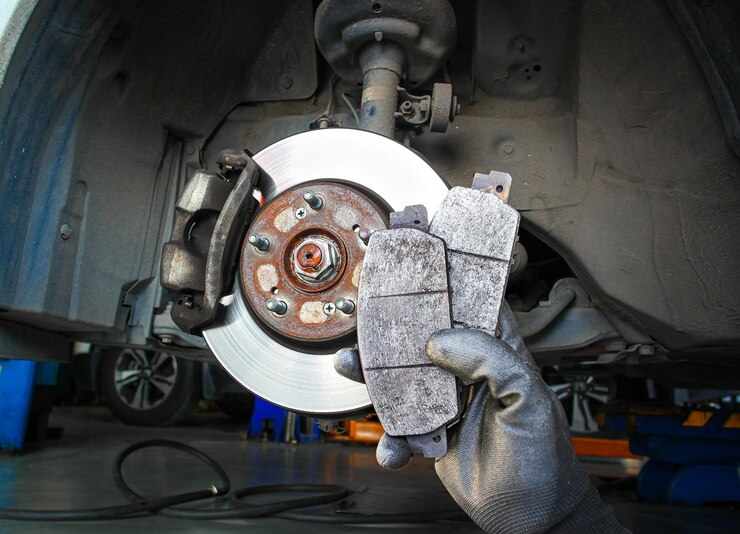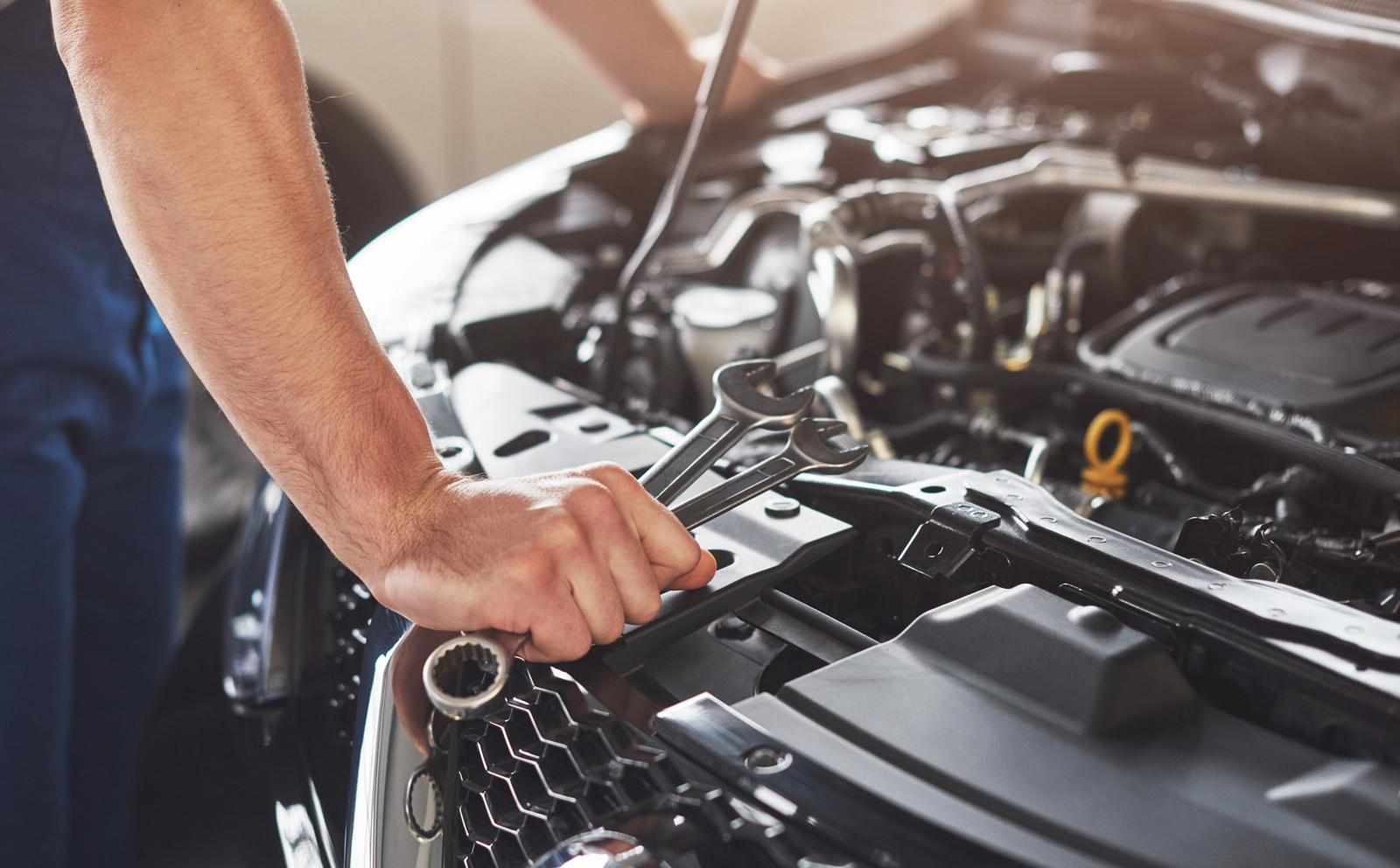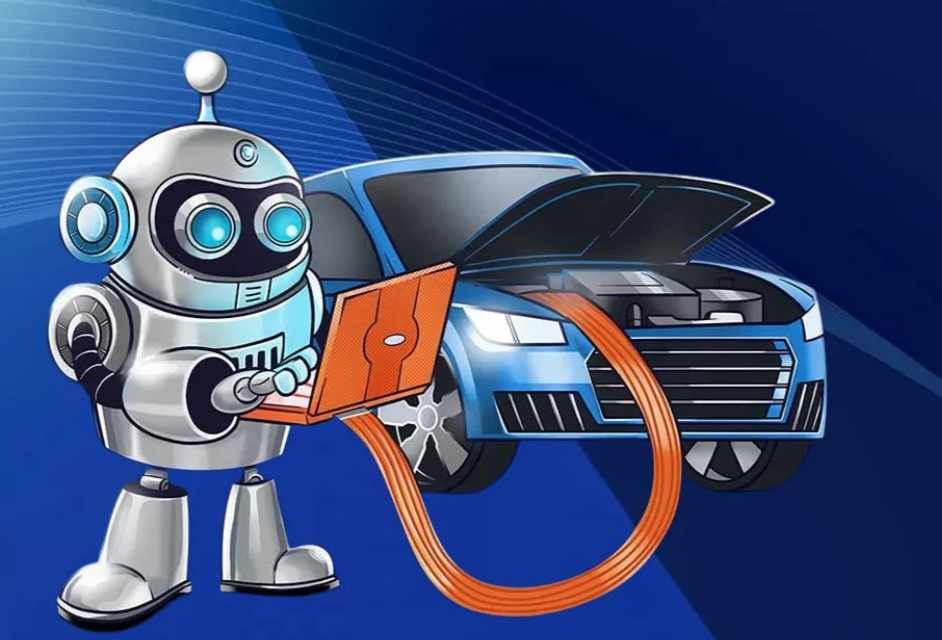
A smooth stop is just as important as a fast start. Brakes are one of your car’s most vital safety systems, yet they’re often taken for granted. If you're hearing unusual sounds or feeling something off when braking, it's time to pay attention. In this article, we’ll walk you through the basics of brake care and help you discover where to get affordable brake repair in Las Vegas.
How Brake Systems Work in Simple Terms
Your car's brake system uses hydraulic pressure to push brake pads against the rotors, generating friction to slow the car. Over time, components like pads, rotors, and brake fluid wear out and need servicing.
Key components include:
Brake Pads: These make contact with the rotors to stop the car and wear down with use.
Rotors: The discs that the pads grip to slow your wheels.
Calipers: Hold the brake pads and control pressure application.
Brake Fluid: Transfers the force from your pedal to the brakes.
Each part plays a vital role, and if one fails, the entire system can become ineffective.
What Causes Brake Wear?
Brakes wear out over time, but some habits can accelerate the process. These include:
Driving in stop-and-go traffic
Frequently braking hard or late
Carrying heavy loads
Driving on hilly or mountainous roads
Knowing how your driving style impacts brake longevity can help you make better choices and reduce future repairs.
Warning Signs of Brake Trouble
When brakes begin to wear down, they usually give some noticeable signs. Look out for:
Squeaking or Squealing: Worn pads often make this sound.
Grinding Noise: Indicates that the pads are completely worn and metal is scraping.
Brake Warning Light: Usually points to low fluid or other system faults.
Vibrations or Pulses: Often due to warped rotors.
Addressing these issues quickly can help you avoid larger, more expensive repairs.
The Right Time to Schedule an Inspection
While it's ideal to have your brakes inspected every 10,000–15,000 miles, it’s even more important to act if you notice changes in braking performance. Routine checks can identify wear before it becomes a serious issue.
During an inspection, technicians usually check:
Brake pad thickness
Rotor condition
Fluid level and quality
Signs of leaks or corrosion
Catching problems early keeps your car safer and repair costs lower.
Trusting Local Experts
When brake issues arise, always choose a certified, experienced technician. Local repair specialists offer tailored services, especially those familiar with area-specific driving conditions. Certified techs will perform detailed diagnostics and use the right parts for your vehicle.
One top-rated Las Vegas brake repair provider ensures fast, reliable service that puts safety first.
Tips to Keep Brakes in Top Shape
You can extend the life of your brake system with a few simple practices:
Coast When You Can: Take your foot off the gas early to slow down naturally.
Flush Fluid Regularly: Old fluid can affect performance and damage parts.
Avoid Carrying Extra Weight: Heavy loads strain the brakes more.
Get Routine Inspections: Prevent problems before they start.
A little prevention goes a long way in keeping your brake system reliable and cost-effective.
Final Thoughts
Don’t wait until your brakes fail to pay attention. Brake problems can develop quietly, but their consequences are anything but. By knowing the signs, maintaining good habits, and choosing qualified repair services, you can keep your brakes—and your driving—safe and smooth. Start today by scheduling a quick check or reaching out for expert help if anything feels off.





Write a comment ...